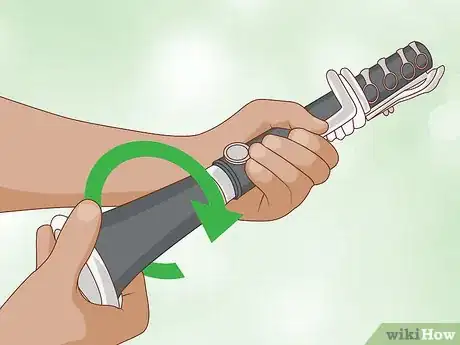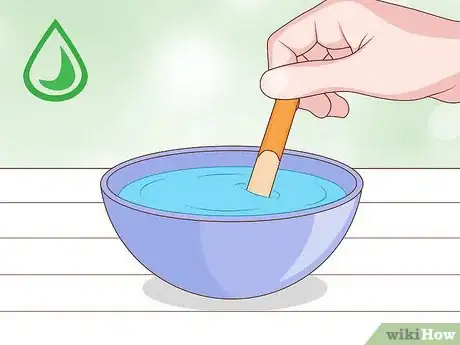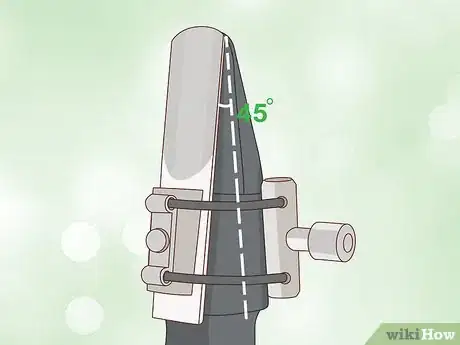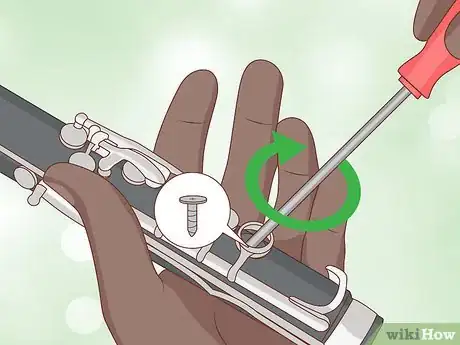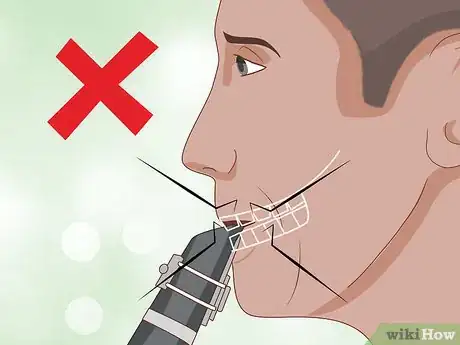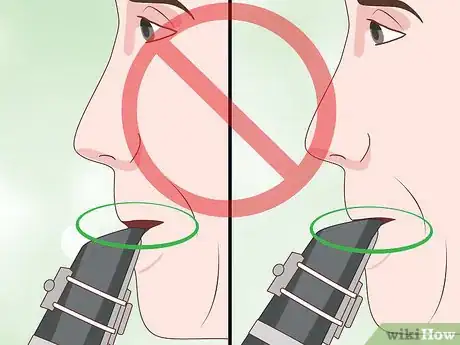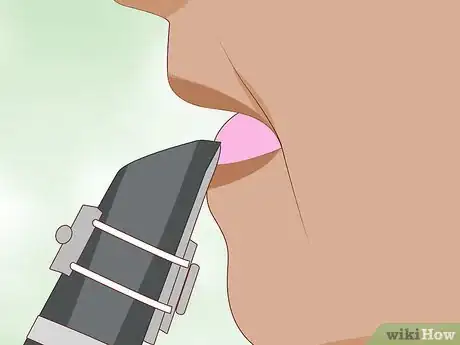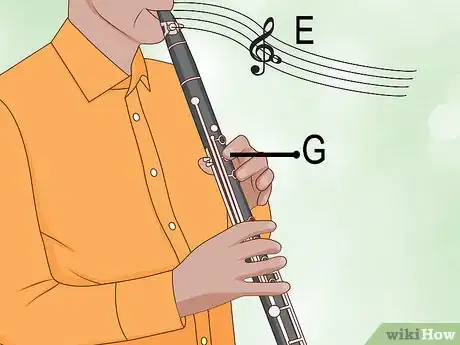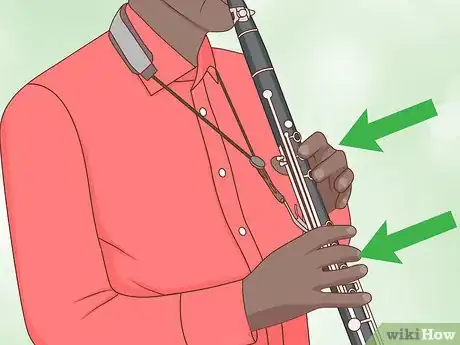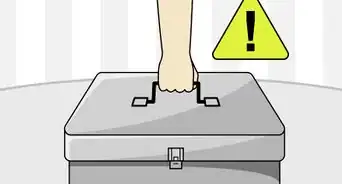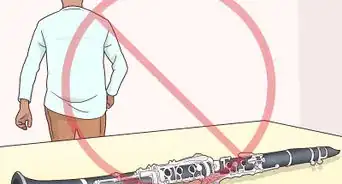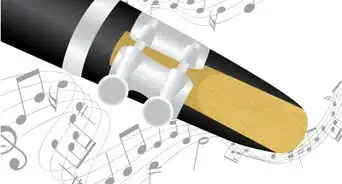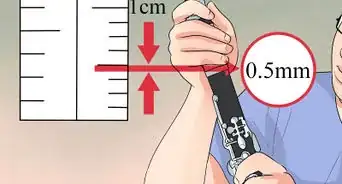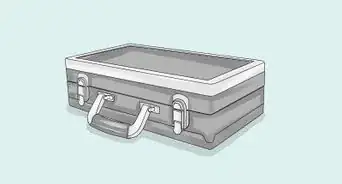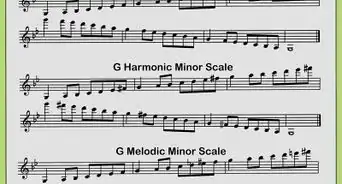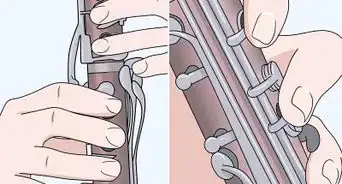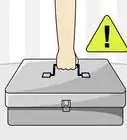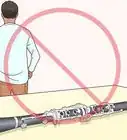This article was co-authored by wikiHow Staff. Our trained team of editors and researchers validate articles for accuracy and comprehensiveness. wikiHow's Content Management Team carefully monitors the work from our editorial staff to ensure that each article is backed by trusted research and meets our high quality standards.
There are 8 references cited in this article, which can be found at the bottom of the page.
wikiHow marks an article as reader-approved once it receives enough positive feedback. In this case, 80% of readers who voted found the article helpful, earning it our reader-approved status.
This article has been viewed 143,485 times.
Learn more...
While the clarinet is a beautiful and wonderful instrument, it will inevitably "squeak" from time to time. However, if you've been squeaking more than "occasionally," you may have a problem—but we're here to help you get to the bottom of things. We'll walk you through some of the most common reasons your clarinet might be acting up, and most importantly, how you can troubleshoot your instrument.
Steps
Community Q&A
-
QuestionWhy can some of my reeds can make a better sound than other reeds?
 Community AnswerSome reeds can make a better sound than others because of different strengths/thicknesses.
Community AnswerSome reeds can make a better sound than others because of different strengths/thicknesses. -
QuestionWhy do I squeak when producing loud sounds?
 Community AnswerUsually this means that you're blowing too hard into the clarinet, so try to relax your breathing. If the squeaking persists, the issue might be with the instrument.
Community AnswerUsually this means that you're blowing too hard into the clarinet, so try to relax your breathing. If the squeaking persists, the issue might be with the instrument. -
QuestionWhy do the notes squeak more in the morning? My playing seems much more accurate in the afternoon.
 Ben WandellCommunity AnswerThis might have to do with the weather or humidity in the mornings and afternoons. This is specially the case with wooden clarinets because they require a certain temperature for them to sound pretty.
Ben WandellCommunity AnswerThis might have to do with the weather or humidity in the mornings and afternoons. This is specially the case with wooden clarinets because they require a certain temperature for them to sound pretty.
Warnings
- Even if a mechanical problem with the clarinet looks "easy" to fix, don't attempt to repair it unless you know what you're doing! You could easily turn a loose screw into a need for a whole new instrument. Most music stores with a qualified repair tech on premises can analyze the problem quickly and estimate the cost to help you.⧼thumbs_response⧽
References
- ↑ http://www.the-clarinets.net/english/clarinet-instrument.html
- ↑ http://www.the-clarinets.net/english/clarinet-instrument.html
- ↑ http://www.the-clarinets.net/english/clarinet-reed.html
- ↑ http://www.the-clarinets.net/english/clarinet-reed.html
- ↑ http://www.the-clarinets.net/english/clarinet-how-to-fix.html
- ↑ http://www.clarinet-now.com/poor-clarinet-embouchure.html
- ↑ http://www.clarinet-now.com/poor-clarinet-embouchure.html
- ↑ https://clarinet.music.unt.edu/sites/default/files/tipsForTonguing.pdf
- ↑ http://www.clarinet-now.com/clarinet-embouchure.html
